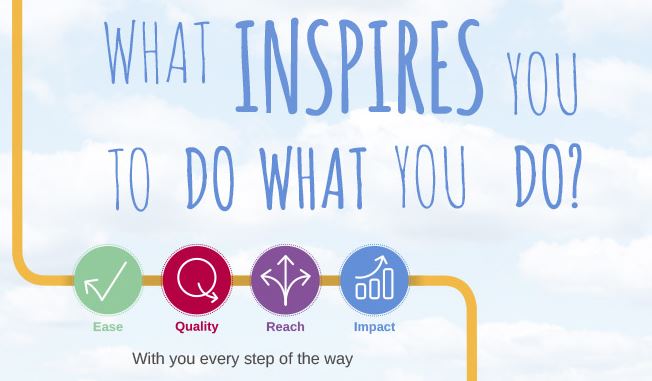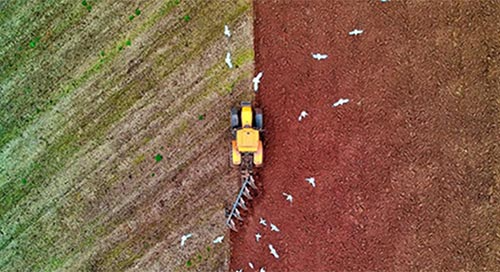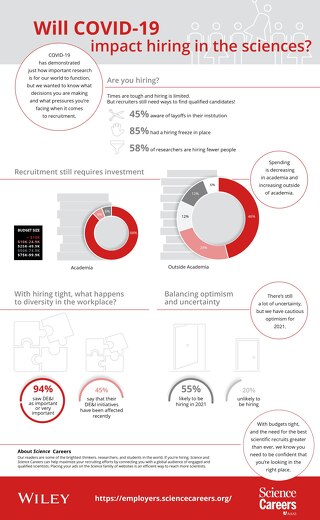a-more-human-vision-for-the-future-of-research
January 23, 2020
The (Academic) Struggle Is Real
In my case, this has been the greatest struggle. While I believe many things need to change in the academic system in order to be sustainable into the year 2040, at the very least it will necessitate a change of culture where overwork is not the norm. We need a culture where high impact factors are not the main criteria for career advancement, and where we have the opportunity to fall in love with science all over again.
For the Love of Science
In order for the academic system to improve, values and incentives will need to change. If we return to valuing science for the sake of it, without worrying about the number of figures in a paper, or a journal’s impact factor, we might shift our values back to what truly matters: the pursuit of knowledge itself. My hope is that science will remain objective and evidence-based, but also take into account the human side. I hope we’ll realize that scientists themselves are human beings, and we can listen to their stories in order to better support them. This culture shift will require acknowledging that scientists have limited working hours, a life after work hours, and boundaries. It will also require equal support for both their physical and mental well-being while in this career path.
More Voices, Better Science
Another hope for science by 2040 is that it will be more collaborative, and an environment where everyone wins together. I hope that collaboration becomes the norm. What if we helped each other obtain grant funding? What if multiple mentors created a network of support for graduate students and postdocs? The current environment where the wrong incentives lead us to chase personal rewards, perpetuates the individualistic culture in which certain groups feel marginalized. In addition to the lack of access and opportunity for some groups to work in research, the climate of hyper-competition further sends the wrong message: namely that research is done for the sake of prestige. This type of culture might also discourage future generations from pursuing science careers. Instead, we need to encourage future generations to pursue research careers, while placing a greater emphasis on diversity, such that science becomes a place where all voices are valued.
Communicating Research Impact
Today, we’re lacking an emphasis on the value of science for the wider public. While there have been efforts led by researchers to explain findings in various settings, we’re still a long way from the public truly understanding the value of science in their own lives. We’re also still in the infancy of teaching scientists to translate their work to various audiences. A bright future for science depends on both of these factors, which requires additional training and education for both scientists and the public. To get to this place, we may need to overhaul the classroom system itself, as well as further the education of members of the public to better understand what scientists work on and why they should care.
The ideal research system of the future focuses on the individual as a human being. If this is true, it will change the culture of work, as well as motivations for doing science, and perhaps also the practice of science as a discipline altogether. It will allow us to truly understand the needs of individuals who drive the system forward, as well as those wishing to enter the field from an early age. To this end, we must realize our responsibility as we train the next generation of scientists and seek to maintain their interest in research careers over time. We must also ensure that the system they enter will be able to support them in all the ways they deserve to be supported throughout their career.
This post represents my personal views and not the views of my employer, University of California.











